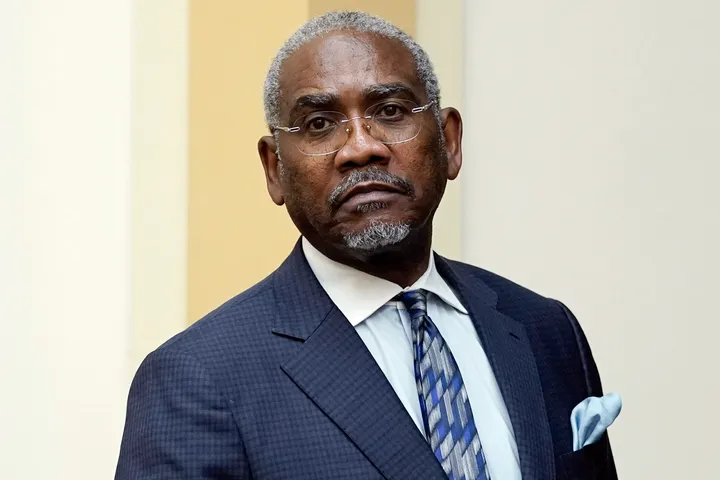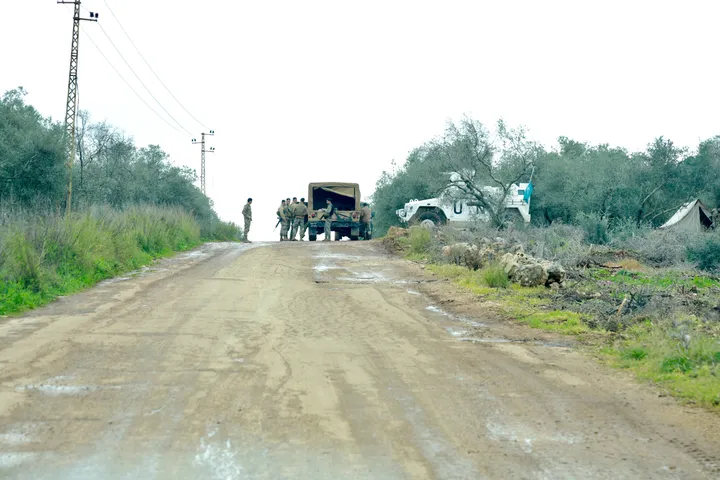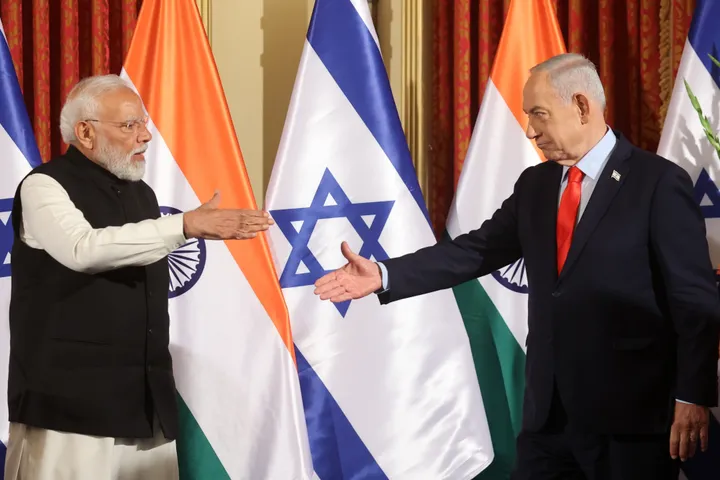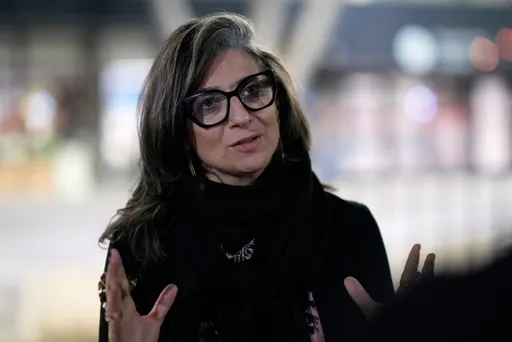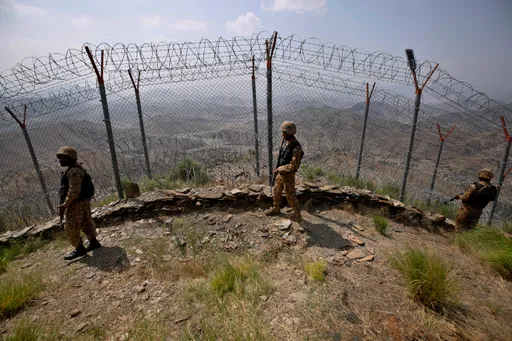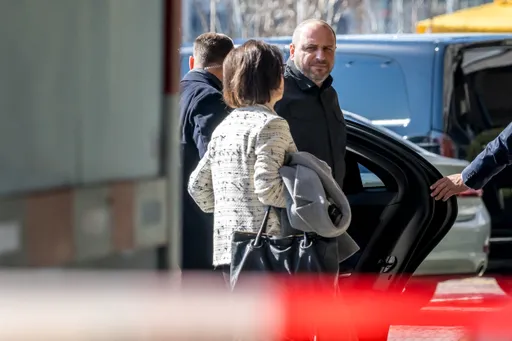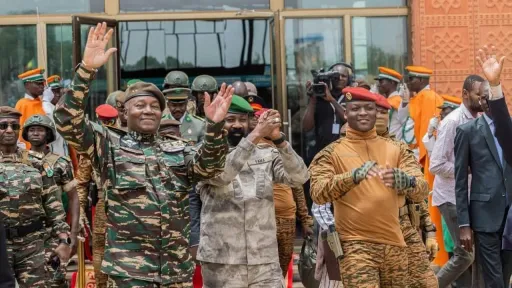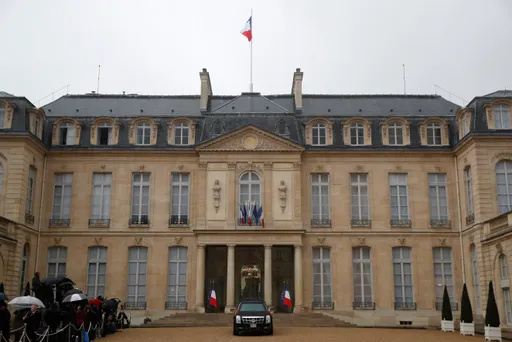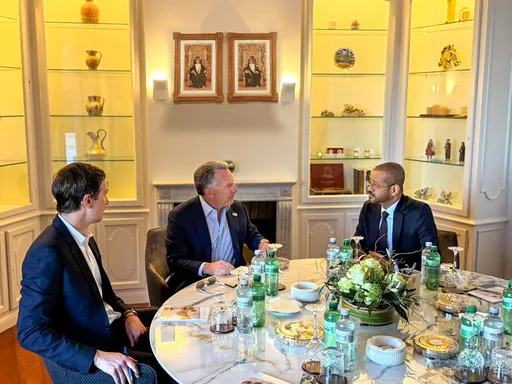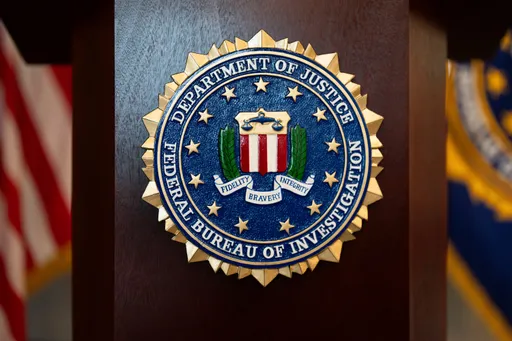For Georgians, the summer months are always a time of concern. One only has to look at its recent history to understand why. It was in August, while the world was distracted by the Beijing Summer Olympics, that Russia invaded eleven years ago.
It was in July that, five years ago, Russia carried out its military intervention in Ukraine, which took control of a 1.6km section of the Baku-Supsa oil pipeline when the Russian's demarcated the border in 2015.
Even distant history warns to be wary of the summer months. Perhaps it is stretch to point out, but it was in August 1795 that a Persian army led by Agha Mohammad Khan invaded Georgia. Within a few weeks, the capital of Tbilisi was destroyed.
For Georgians, this summer has been unusually hot—figuratively and literally. Russia has been ramping up its aggressive rhetoric towards Georgia. Making the situation worse, political tensions are already high in Georgia leading up to next year’s parliamentary elections. There are three recent events that policymakers should be watching closely.
The first area of concern has been the weeks of (mostly) peaceful protests on the streets of Tbilisi. The protest themselves are not necessarily concerning—but Russia has exacerbated the social divisions that have motived the demonstrations. For example, in June, Georgia’s LGBT community was planning a pride march, but then it was postponed because of the threat of violence. Who was threatening violence? Pro-Russian and millionaire businessman, Levan Vasadze, was behind the turmoil.
On June 20, Russian lawmaker Sergei Gavrilov scandalously addressed the Interparliamentary Assembly on Orthodoxy from the Georgian parliamentary speaker’s seat. Not surprisingly, this sparked outrage and new protests on the streets.
As part of its hybrid warfare campaign, Russia consistently seeks out areas of social disunion to further divide society to make it weaker. Moscow knows that when civil society is weak, Russia’s influence is at its strongest. With political tensions running high in Georgia, Russia is poised to meddle, even more, making it a very concerning time.
The second issue to watch is Russia’s recent actions aimed directly at Georgia and the Georgian people. In light of the recent anti-Russian protests, Vladimir Putin has deemed it unsafe for Russian tourists to travel to Georgia. All direct flights between Georgia and Russia have been banned for the foreseeable future. This represents the economic component of Russia’s hybrid warfare against Georgia.
Even with fraught relations between the two countries, Georgia remained a popular destination for Russian tourists. Last year 1.8 million Russians visited Georgia. Some predict that Georgia's economy could lose $250 million to $300 million a year if the ban continues. Tourism directly contributes at least eight percent to Georgia's GDP.
Finally, the large scale military exercise Russia is conducting just across the border in the North Caucasus is something to watch. Two armies of Russia’s Southern Military District are involved, including the 58th army which spearheaded in the 2008 invasion of Georgia. The reason why this is of concern is that during the lead up to the 2008 invasion, Russia used a major training exercise involving the 58th army as cover for its mobilisation.
There is also currently a joint US-Georgia military exercise taking place in Georgia. This exercise includes 3,300 troops from 14 countries, including Ukraine.
Both the US-led exercise and the Russian exercise are fairly routine events. However, when one looks at what Russia did in 2008 when it used a large scale military exercise as cover for military intervention, there is an excellent reason to keep an eye on Moscow’s activities today.
Russia’s meddling in Georgian politics, economy and society is nothing new. This meddling is a critical component of Moscow’s hybrid warfare strategy. But the sum of these three issues equals a cause for concern.
For Georgians, there is never a good time for Russian aggression, but this period, in particular, is unsettling. After months there is still no US ambassador to Georgia, the principal geopolitical focus of the Trump Administration is Iran, and the American political system is gearing up for another presidential campaign cycle.
Europe’s focus is not much better. The EU is in a transition period and undergoing a process of selecting its new commission. Transatlantic relations are strained. Whatever political energy is left is devoted to Brexit.
So as western policymakers begin their August trek to their holiday destinations, as the US starts looking more and more inward during this presidential campaign, and as the EU remains distracted by internal squabbles, somebody better keep an eye on the South Caucasus.


